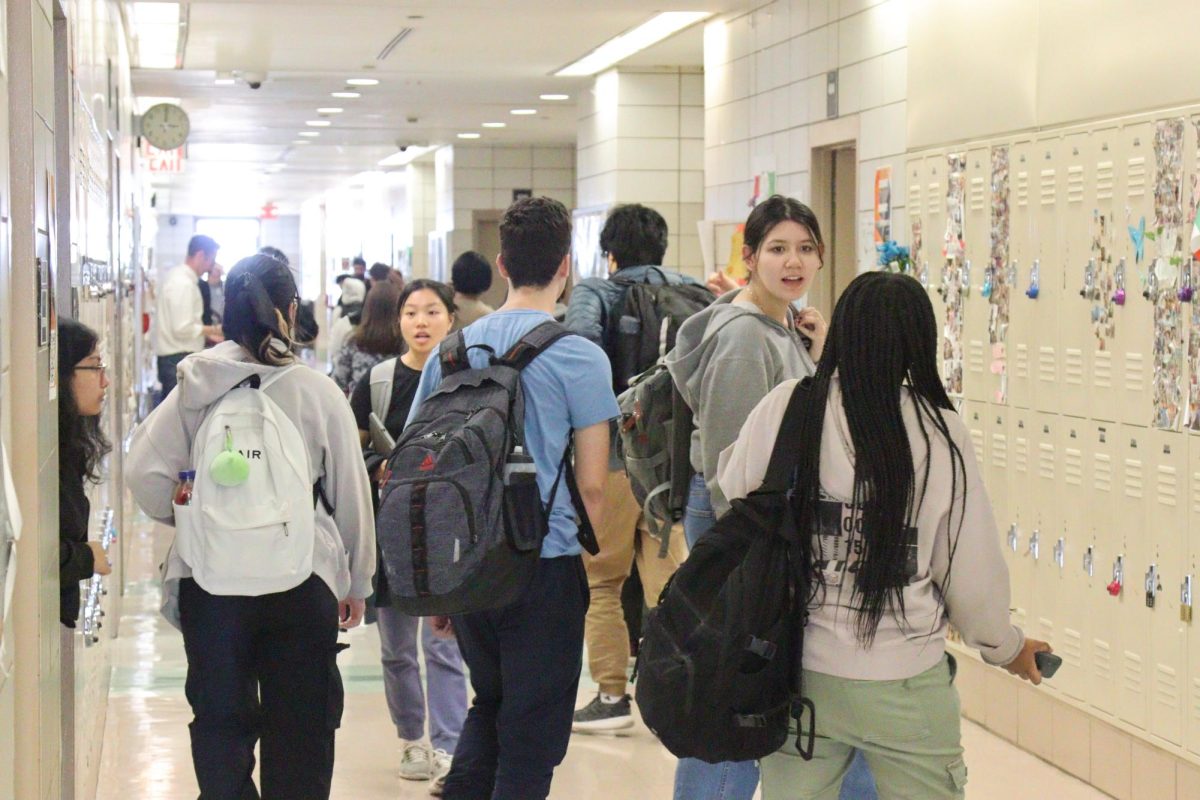
In the months since the World Health Organization (WHO) announced that COVID-19 was no longer a global health emergency but rather an “ongoing health issue,” concerns and attention surrounding the virus have somewhat dissipated. Most people have resumed their normal lives, and related precautions have become largely irrelevant.
However, two distinct variants have just emerged: BA.2.86 and EG.5, informally known as Pirola and Eris, respectively. While the two are not more severe than their predecessors, they have adapted to bypass some immunity gained from old vaccines and past infections, and are now under WHO monitoring. In particular, EG.5 has become the dominant strand in the United States, accredited with the rise in COVID hospitalizations and deaths by the Center for Disease Control (CDC). Additionally, traces of BA.2.86 have recently been detected in New York City sewage, though the variant is not responsible for a large percentage of infections so far.
Since June, COVID cases have been on the uptick, despite there being less testing in hospitals. Junior Felicia Granel said, “My father caught COVID a month or so ago, but he’s had it at least 3 times so he didn’t experience crazy symptoms like he did the first time.”
While the two new variants present low levels of risk to healthy individuals, vulnerable groups may still suffer violent symptoms. In the past week, the CDC recorded trends of 15.7% in hospitalizations and 10.5% in deaths nationally. As for New York, increases have been “stable,” with 4.7% more hospitalizations and 4.8% more deaths since August 26th. According to the New York Times, nearly all of those admitted to the hospital for COVID are 60 and above.
Harrisites shared the implications this may have on their daily lives, especially as they return to school.
“I think I will continue to wear my mask in especially crowded areas. It’s easier to catch COVID on the bus as well, so I’ll have to be more cautious then,” said senior Parisa Alam. “I’m mostly concerned about catching it myself and [for] my parents, but also for elderly people everywhere,”she continued.
“Since COVID started, I’ve always been wearing a mask whether it was during the time that COVID was a big deal or when people have already gotten rid of the practice of wearing masks,” said sophomore Elvis Chan.
Similarly, the CDC also recommends wearing a mask, especially in crowded, poorly ventilated areas, or in close proximity with high-risk individuals. . They suggest improving ventilation, spending time outdoors, and testing yourself if experiencing any symptoms, as well. Further instructions on what should be done to protect yourself and those around you can be found here.
While the prospect of another wave of COVID cases has not yet been determined, the numbers have not shown signs of stopping. Still, Felicia had confidence that there is no reason for excessive alarm. She said, “I’m slightly concerned about the possibility of another COVID wave this year, especially because people have become accustomed to not wearing masks in public after the pandemic was officially over. However, we [would have] past experiences, knowledge, and vaccinations to protect us.”
Fortunately, the biopharmaceutical companies Pfizer, Moderna, and Novavax all have new booster vaccines in the making, that should help with preventing the spread of or any deadly symptoms from the EG.5 variant, though they were originally designed for the XBB.1.5. strand, which was previously the most common in the United States. Moderna also said in a release on Wednesday that their booster has proved itself capable of defending against BA.2.86, as well. These vaccines may become available by just next week, with the approval of the FDA and CDC.
“Well most definitely, if there’s a new vaccine, I will be up to taking it. Not only to protect myself but to the people I cared about,” said Elvis.
“I am also planning to get my booster shot,” said Parisa.
Even though the world has returned to normalcy, COVID is not a thing of the past, nor will it be any time in the near future; rather, it has become integrated in normal life. Thus, it remains ever important to be vigilant and continue to take advantage of the solutions that brought the emergency to its close.




























